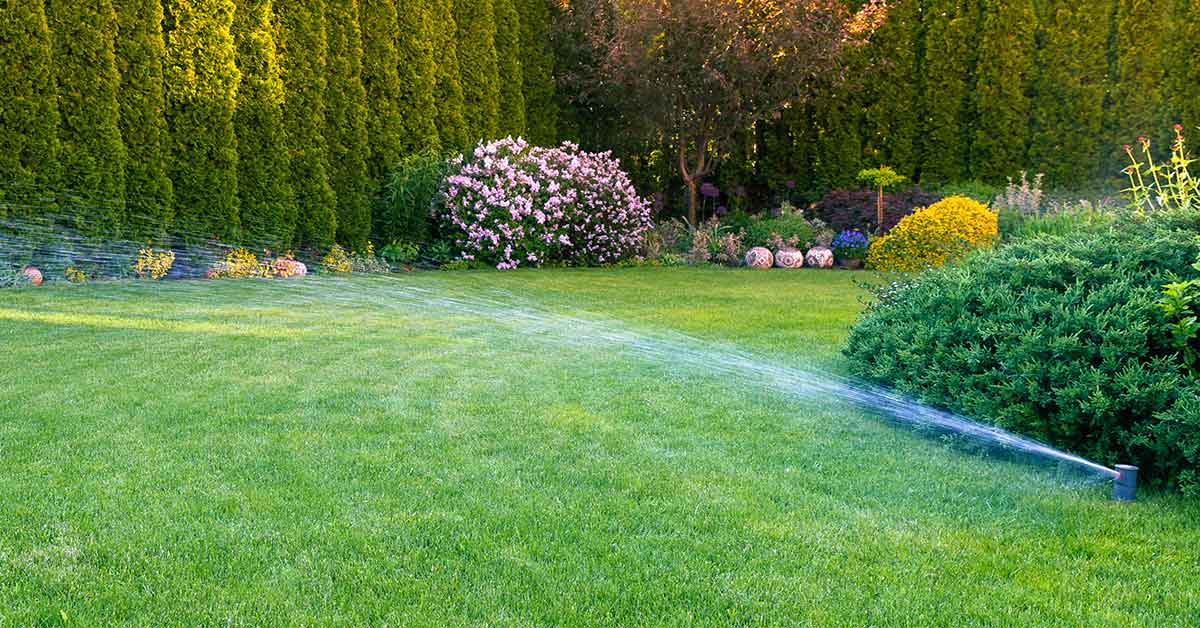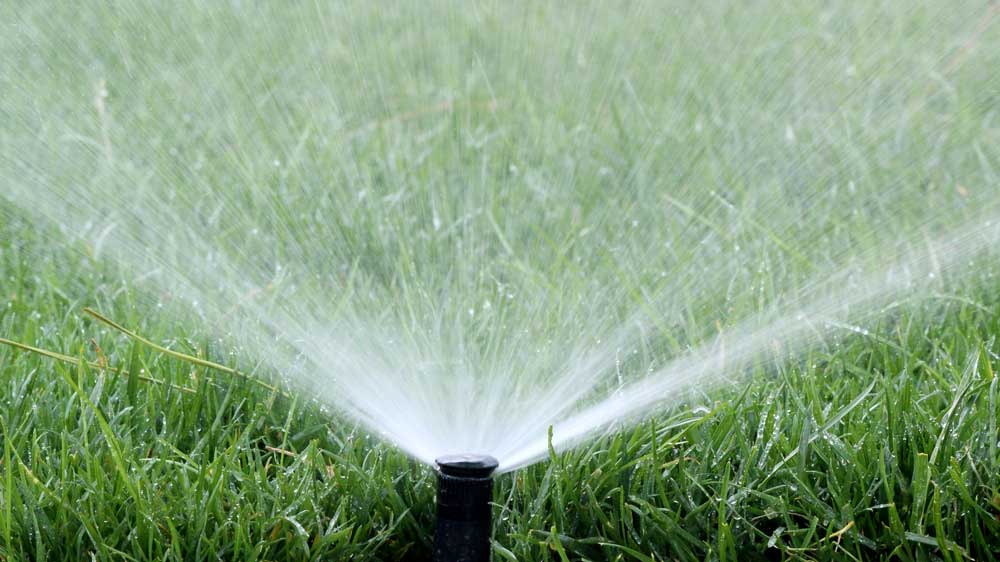
Summer Lawn Care | Smart Irrigation Best Practices
The heat has arrived for many parts of the country as summer conditions and heat waves begin to set in. Hydration is critical, especially during this time of the season. Just like humans need water to survive, plants and turf need adequate water to thrive throughout the year. Many aspects of Grounds Management rely on how we manage our water source for our properties and fields through irrigation. It is important to remember, however, that an irrigation system will supplement rainfall but should not be viewed as a substitution for it.
Water management of an irrigation system shall include best management practices (BMPs) to create and maintain water requirements efficiently, effectively, and environmentally sound for your property(s). To be considered a BMP, the Irrigation Association has set certain criteria that the practice must meet.
- Being applicable to any location
- Protecting water quality
- Conserving water resources
- Being economically feasible after installation and being sustainable through new technology or knowledge
At one of our large accounts in South Carolina, the SSC Grounds Team works with the school district to achieve optimal water management on the 51 acres of athletic fields through smart irrigation. Though not in total control of the system, we make the recommendations and requests based on our knowledge of our observations in and on the fields while mowing, turf management applications (such as granular fertilizing), scouting, having knowledge of soil type (sand base or native) through yearly soil analysis test, and amount of rainfall in our local area from prior days.
Here are a few tips for managing your irrigation system for turf grass. Keep in mind that the system is a supplement for rainfall, not a substitution.

Irrigation Tips & Guidelines
- Water in the early morning to allow absorption to the roots
- Avoid watering mid-day due to peak temperatures leading to rapid evaporation
- Avoid watering in the evening due to humidity or moisture lingering in the air, this can lead to fungal issues
- Water deep and infrequent when possible, but not to the point of runoff or standing water
- Know your soil type and how it affects your water holding capacity
- Adjust your sprinkler heads accordingly.
Although you may not have the acreage in which we manage or have the standards which our clients of SSC Services for Education expect, you still may want your personal turf to thrive and can easily see results through smart irrigation. Interested in reading more grounds tips? Be sure to check out our News Center for more.